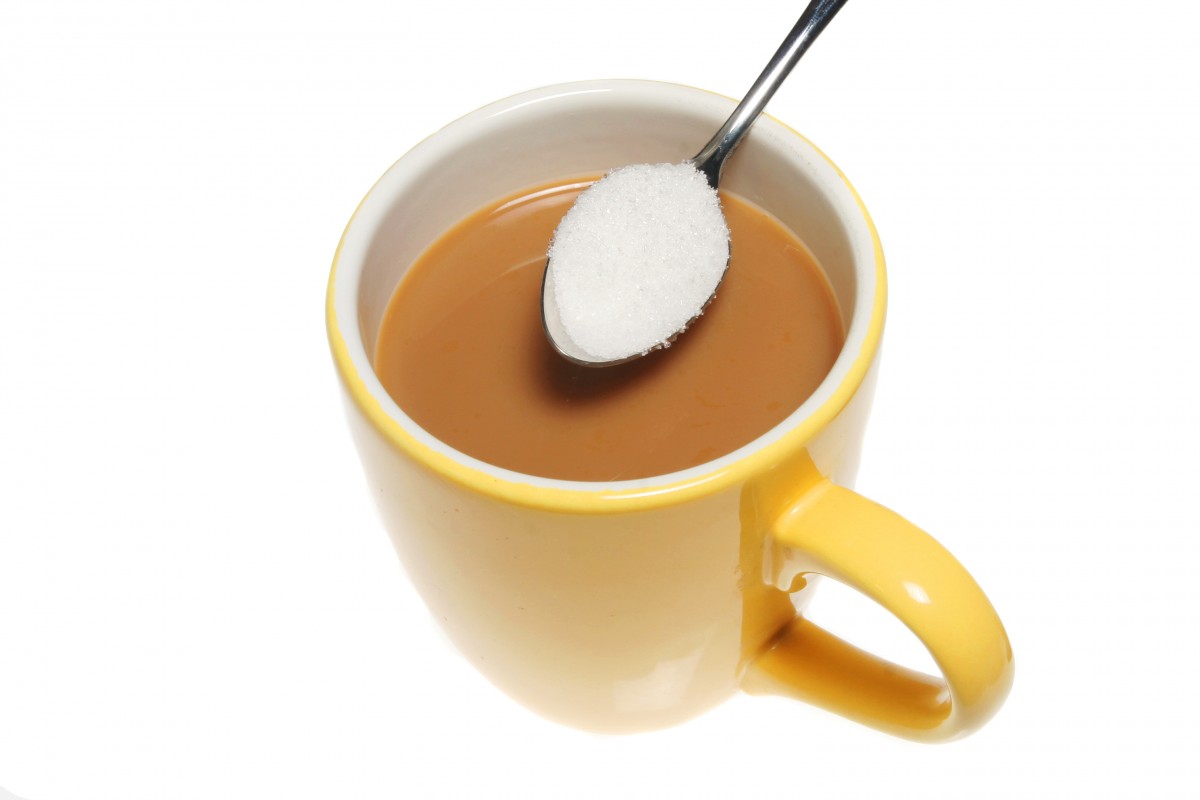
There’s a very good reason humans love sugar: In our evolutionary past, our brains required huge amounts of fuel to become the giant meat computers we have today, and we’re still hardwired to seek out that quick energy boost in any way we can. But, in our modern societies, sugar is more plentiful than it was long ago, and that urge to gorge on sweet berries because who knows when we’ll find them again is fulfilled far more than it should be.
Hence our (shorter) history of trying to cook up decent sugar substitutes—ones that lessen the burden on the body while still having the mouthfeel and sweetness level that our brains and tongues know oh so well. Once upon a time, there was aspartame, which I always thought gave Diet Cokes an unpleasant aftertaste. Most of us find even the most up-to-date alternatives, like stevia, unsatisfying.
But a team of researchers has delved deep into the complex chemistry of sugar’s unique flavour, uncovering building blocks that could potentially be used to replicate it from the ground up. Central to their work is cracking the length of time human taste buds perceive the sweetness of a substance. True sugar disappears rather fast, while artificial versions linger weirdly.
“Previously, Grant DuBois and colleagues observed that sodium chloride and potassium chloride could accelerate the onset of sweetness and eliminate its persistence for one stevia compound, rebaudioside A. […]
In initial tests with a trained sensory panel, the researchers observed that calcium chloride, magnesium chloride, and potassium chloride each separately reduced the perceived intensity of rebaudioside A after two minutes. However, again, high amounts of mineral salt were needed to lower the intensity by more than 30%, which caused unpleasant saltiness or bitterness sensations. Next, mixing the three taste-modifying salts had synergistic effects, allowing the team to use lower amounts of each for the same effect. A blend of the potassium, magnesium, and calcium salts reduced the lingering sweetness up to 79% and markedly increased the sugar-like mouthfeel of 10 noncaloric alternatives.”
It seems the secret to sugar’s success is salt! The team is excited by the near-perfect replication of sugar and theorizes future use in reduced-calorie beverages, for which there is a significant market. It is always good to have more options as we navigate taking care of these bodies of ours. Real sugar is a treat I could never give up, but I’d be happy to try this new technology—for science!